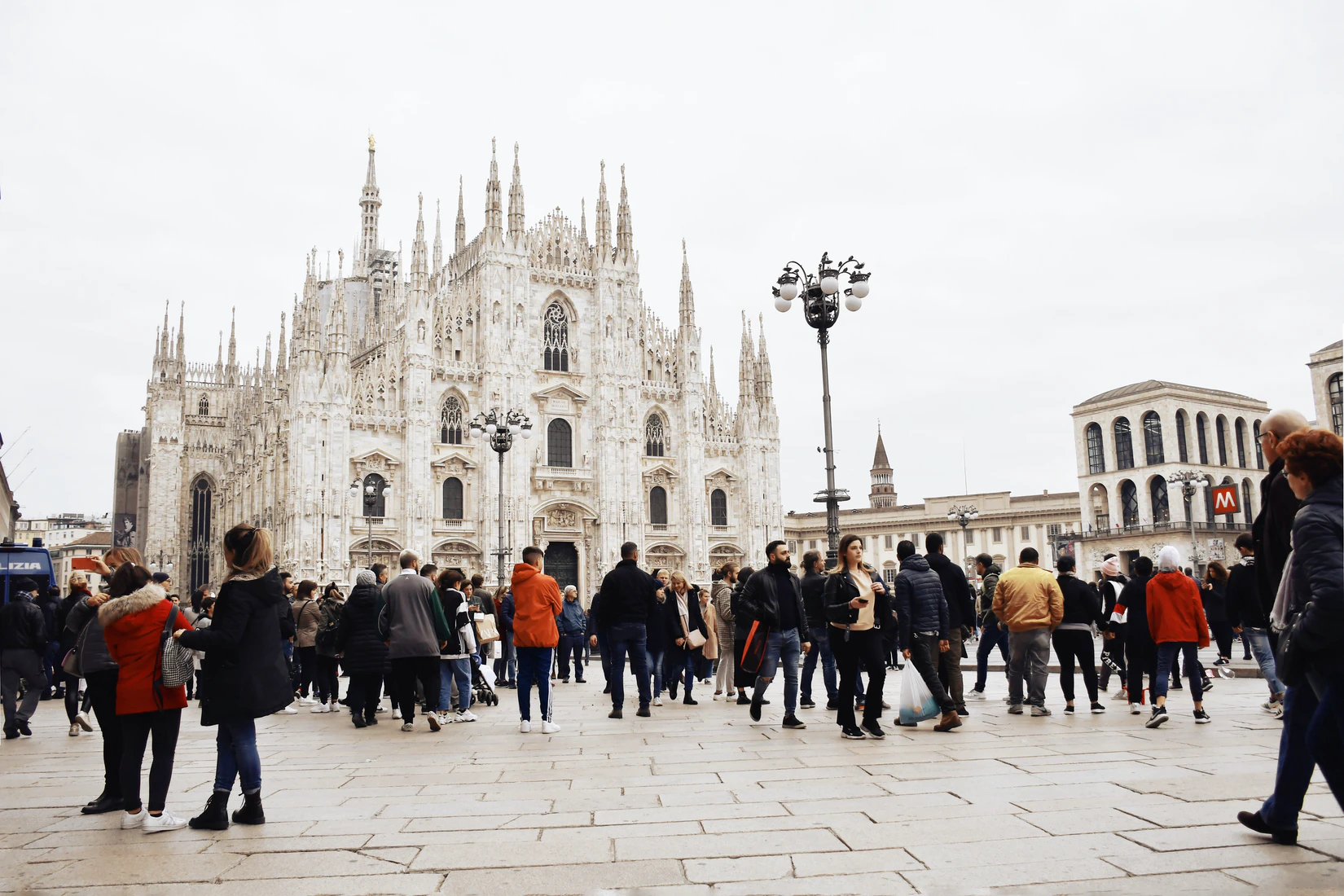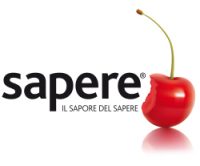Milan is a hub of globalisation
Concentrates local and global functions
By Fiorello Cortiana
The climate emergency, which is the real long-term global emergency, and the consequent ongoing pandemic, call for a discontinuity from the model of the ‘showcase city’ conceived for ‘city users’, and to protect the urban territory from mere speculation by real estate funds. Everything cannot go back to the way it was.

The UN is calling for 70% of the world’s population to be urbanised by 2050, with the resulting social and environmental problems. In order for Milan Metropolitan City to be a concrete example of local and global regeneration, and not of energy, environmental, social and civil coexistence drift, the Milanese need to be conscious and participating inhabitants, and not mere residents. While entrusting local and national public policy to technocratic managers brings Italy into line with the European financial markets, it also marks the total absence of expression of democratic political subjectivity. There is a real risk that politics will be ‘outsourced’, entrusting it to the strategies of real estate funds based in tax havens, to which decisions on the future of the city will be assigned: from the former FS yards to the stadium and the San Siro district.
Those who, like us, feel they represent a reformist, radical and ecological culture – which has always been capable of informing an informed public opinion and expressing political guidelines, referendum proposals and representation in the Metropolitan Council – cannot remain indifferent. Milan and its metropolitan fabric must link administrative management and the guidance of public policy to the constitutive nature of our republican democracy: public political subjectivity linked to general interests, informed participation in the deliberative process, effective prerogatives for the exercise of active citizenship, the quality and powers of representation, for the qualification of elected assemblies, local administrations and participatory institutions.
Every time Milan’s citizens have been able to express themselves directly, they have called for a city that is sustainable and generous with innovation, which is a function of the quality of social living. We want to contribute, in a participatory and shared way, to an articulated vision to redefine the identity, role and function of Milan Metropolitan City in the ‘glocal’ dimension and in the management of the opportunity offered by the Recovery Fund. It takes empathy towards one’s own local community to feel the city, to listen to its needs, to love Milan. We want to place Milan within the metropolitan context, as a node for relations and for the definition of economic and territorial policies of globalisation.
We want to clarify the nature and role of the actors, protagonists on stage but also behind the scenes, of the ‘Milan model’ which is no longer sustainable. We want to propose our vision of a metropolis that generates innovation, is liveable, socially accessible, environmentally sustainable, beautiful to live in, and participated in by an active and informed citizenry. We want to elect administrators who are committed to realising a qualitative vision of social living and not mere executors of choices made elsewhere on the basis of particular interests.
We want a public policy and an administrative organisation that conceives of safety and well-being as starting points for health and inclusion. For us, problems and conflicts, which are physiological in a vast and complex area such as Milan, must be resolved on the basis of shared knowledge and dialogue with all those involved: citizens, associations, economic operators and institutions. In the city we want, the suburbs are not isolated from the centre but benefit from and contribute equally to the common fabric of services and resources./p>
In the city we want, citizens of foreign origin are considered a resource and not a problem and actively participate in social and political life. In the city we want, the prison can become a neighbourhood where re-education and collaboration with the territory are offered. In the city we want, active citizenship, voluntary work and the third sector do not act as substitutes for absent public institutions, nor are they elements of electoral exchange.
We want a Milan of rights and referendums, where information and citizen consultation on specific issues is a continuous process; where building means reclaiming green areas from already built-up areas (for example by ‘scrapping’ poor housing, according to the enlightened proposal of the urban planner Aldo Loris Rossi); where the anthropisation process is controlled; where hydrogeological instability is monitored and prevented; where people are aware that the number of houses exceeds the number of inhabitants; where connections between the metropolis and the region can integrate road transport and waterways.
A city, therefore, not of prohibitions but of civil and citizen choices, on a human scale. We will use all the opportunities for digital collaboration and direct encounters to network the intelligence and skills that are widespread and so far neglected, in order to produce clear and circumstantial political guidelines. We want Milan to express a conscious community, capable of including and giving a common sense to excellences as well as to fragile subjects, to those who deal with artificial intelligence and to those who want to get out of a condition of marginality: be it the urban periphery, the deprivation of knowledge, the imprisonment in prisons, the prostitution of bodies and intelligences.
We promote an ecology of freedoms starting from conscious behaviour and the perception of environmental risk. Milan Metropolitan City can become a centre of excellence for study and research in the field of technologies based on clean and renewable sources, promoting the rational and efficient use of energy with the creation of metropolitan energy communities. Let’s boost international projects aimed at combating and reversing global warming, such as the Drawdown Project and Stopglobalwarming.eu.
We are keen observers of the psychological suffering caused directly and indirectly by more than a year’s pandemic (anxiety, depression, job loss). We are building listening and intervention networks, linking existing energies and creating new hubs for rapid psychological intervention. We will not stop at proposals but will use all the possibilities for direct participation that we have helped to introduce into the municipal statute in recent years, such as Popular Initiative Directives and Public Hearings of the Municipal Council.
We do not resign ourselves to being spectators/electors who zap between this right and this left, united by the same programmes, from San Siro to the former railway yards. We want to govern the change in Milan towards beauty, towards widespread responsibility, for a city and a community capable of the future.
Let’s not stop trying, let’s look for other ambitious people like us.
For membership and information contatti.
